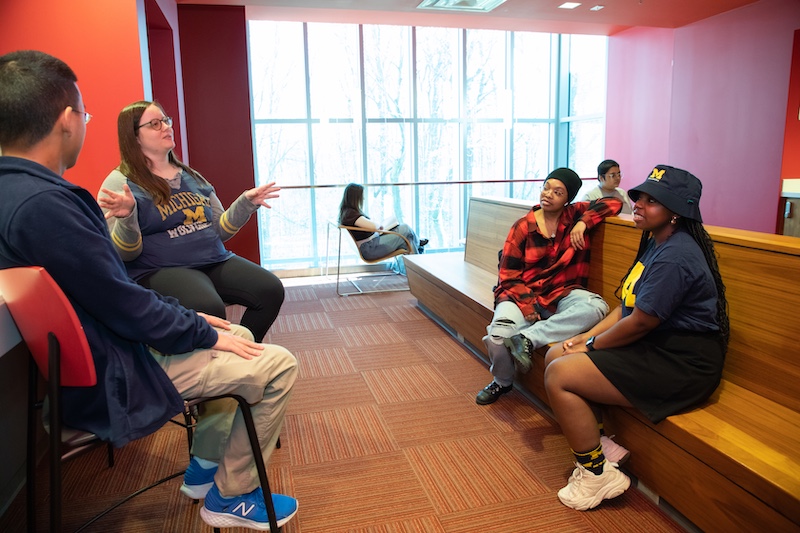Related Resources
Shape Digital Marketplaces
 Prepare to thrive in the digital economy in our program at the University of Michigan-Dearborn that offers a cutting-edge combination of economics and computer science. Our program integrates economic reasoning, empirical data analysis, computer systems, programming, and web technology to prepare you for a variety of positions managing large, complex digital marketplaces.
Prepare to thrive in the digital economy in our program at the University of Michigan-Dearborn that offers a cutting-edge combination of economics and computer science. Our program integrates economic reasoning, empirical data analysis, computer systems, programming, and web technology to prepare you for a variety of positions managing large, complex digital marketplaces.
Where an Economics and Computation Degree Will Take You
Your degree can lead to careers in economic modeling and simulation, business optimization, AI and machine learning, and market analysis with big data. Some career paths include data analyst, algorithmic trader, policy analyst, business intelligence analyst, economist, data scientist, and information systems analyst.

